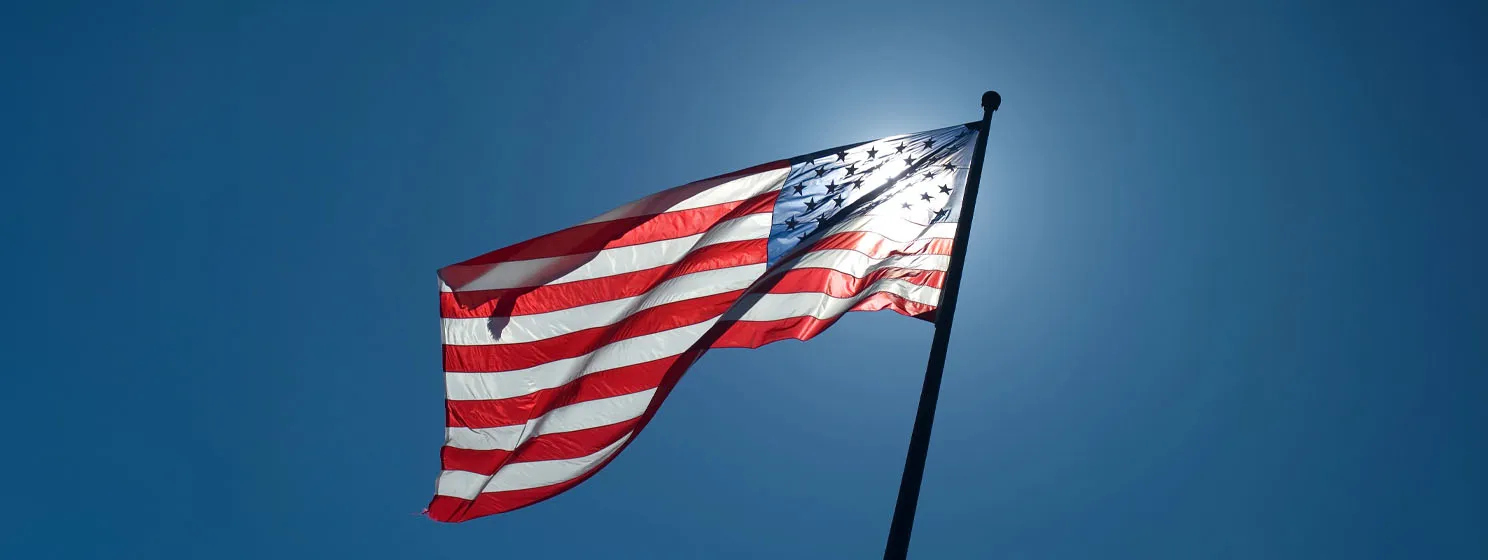|
Getting your Trinity Audio player ready...
|
25,000 metric tons of Russian milling wheat was sold by Solaris Commodities SA for December delivery to Trans-Oil International SA, with the transaction tracked via a smart contract on the Cerealia grain trading platform.
According to a blog post by Cerealia CEO Andrei Grigorov, it was the first blockchain-powered transaction for Black Sea grains. The price of the transaction was not disclosed.
S&P Global Platts quoted a press statement from Cerealis that read, “An independent auditor has reviewed all the important details of the trade from the blockchain and validated the smart contract, digital signatures, signed document and timestamps. He also confirmed that data has been encrypted, that no other data has been stored and that all data is up to date.”
Grigorov said, “The next stage is to support emerging market traders in their local domestic currencies using fintech.” He noted that while smart contracts had not been used for the commodity before, BTC futures had been used as payment for 3,000 tons of wheat last December.
Cerealia’s minimum viable product was launched just last October 19, that “enables to simulate the conclusion of a physical grain trade C&F contract as well as all stages of the execution flow,” according to Grigorov.
Aside from wheat, the Switzerland-based blockchain-powered marketplace also allows for trading of barley, corn, millet, oats, rye, and rice, and several other commodities. A working 1.0 version of the platform is set for release in the first quarter of 2019.
Blockchain technology is already being used as a means of minimizing supply chain problems. Retailer Walmart has announced that it will be requiring produce suppliers to use a blockchain-based tracking system by September of next year, as part of efforts to ensure food safety.
Last month, tech giant IBM launched its Food Trust blockchain network that intends to make for a more transparent and efficient way to deliver food, where details of contracts are to be written into the blockchain.

 08-31-2025
08-31-2025 





